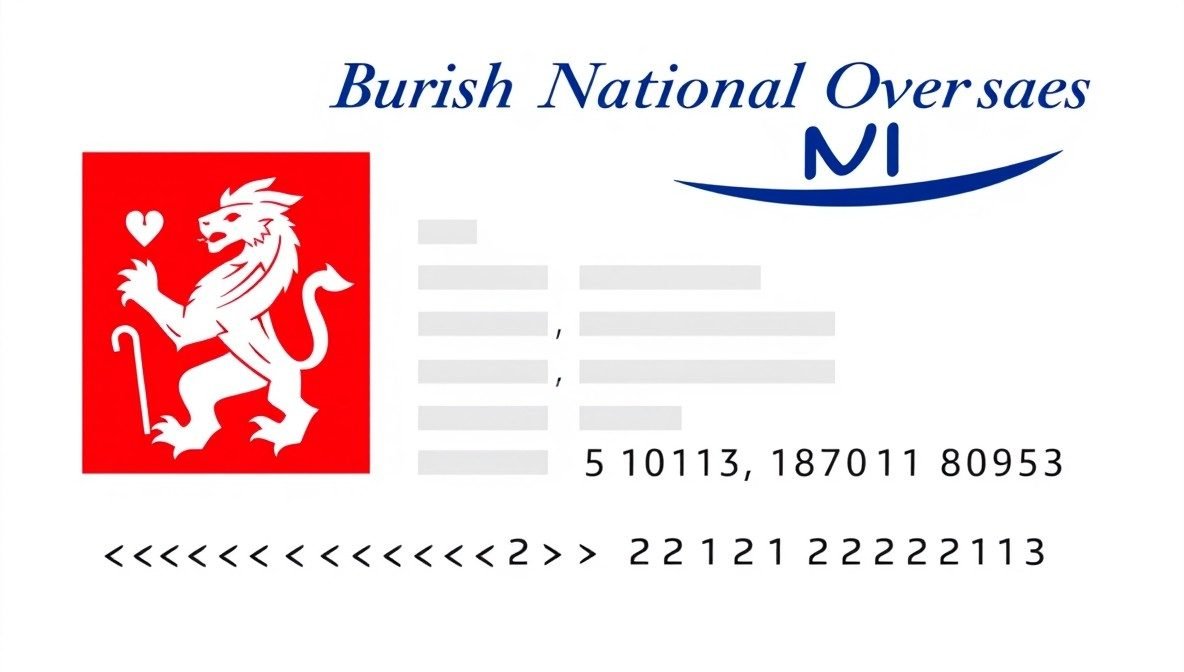The Canada immigration points system is a fair and transparent method used to evaluate candidates for permanent residency, specifically in the Express Entry program. This system, known as the Comprehensive Ranking System (CRS), ranks applicants based on a combination of factors such as age, education, language proficiency, work experience, and other criteria. The higher your CRS score, the greater your chances of receiving an Invitation to Apply (ITA) for permanent residency. Understanding this system is crucial for those looking to immigrate to Canada and secure permanent residency in a streamlined and merit-based manner.
How Does the Points System Work?
The CRS allocates points based on several key factors, which are categorized into four main groups:
Core Human Capital Factors (600 Points Maximum)
These are the most significant factors in determining your eligibility and CRS score:- Age: Applicants between the ages of 18-35 earn the highest points. As age increases, the number of points decreases, but individuals over 40 still have opportunities to score points through work experience and education.
- Education: Higher educational qualifications, such as a master’s or doctoral degree, can earn you more points. Having a Canadian credential will also boost your score, particularly if you’ve earned it through a recognized post-secondary institution.
- Language Proficiency: Strong language skills in either English or French (or both) play a major role. The higher your IELTS or CELPIP score, the more points you’ll earn. A high score in all four language abilities—speaking, listening, reading, and writing—maximizes your CRS points.
- Work Experience: Skilled work experience in Canada or abroad increases your CRS score. Applicants with three years or more of work experience in a skilled job earn additional points, making this factor critical for applicants.
Spouse or Common-Law Partner Factors (40 Points Maximum)
If you have a spouse or common-law partner, their qualifications and work experience in Canada can add points to your CRS score. Their education, language skills, and Canadian work experience all contribute to this category, further enhancing your profile.Skill Transferability Factors (100 Points Maximum)
These points are awarded based on how well your education, work experience, and language proficiency complement one another. For example, if your education aligns with your work experience and you have strong language skills, you can earn points in this category. The better your combination of these elements, the higher your score.Additional Factors (600 Points Maximum)
Several additional factors can dramatically boost your score:- Provincial Nomination: If you are nominated by a Canadian province under a Provincial Nominee Program (PNP), you automatically earn 600 points. This is one of the most powerful ways to boost your CRS score and move to the top of the pool.
- Job Offer: A valid job offer from a Canadian employer can add 50-200 points to your score, depending on the nature of the job. Positions in high-demand fields or those requiring specialized skills earn more points.
- Canadian Education: If you’ve completed a degree, diploma, or certificate in Canada, you gain bonus points in this category, making it an important consideration for those studying in the country.
- Siblings in Canada: If you have siblings who are Canadian citizens or permanent residents, you can gain additional points. This is aimed at reinforcing family connections and supporting your integration into Canadian society.
CRS Score Breakdown for 2024
Here’s a breakdown of the maximum points available for each factor:
| Factor | Maximum Points |
|---|---|
| Age | 110 (primary) |
| Education | 150 (primary) |
| Language Proficiency | 136 (primary) |
| Work Experience | 80 |
| Skill Transferability | 100 |
| Additional Factors | 600 |
The CRS score is out of a total of 1,200 points, with 600 points coming from the Core Human Capital and Skill Transferability Factors, and the remaining 600 points coming from Additional Factors such as job offers and provincial nominations.
How to Calculate Your CRS Score
You can calculate your CRS score using the CRS calculator available on the official Immigration, Refugees and Citizenship Canada (IRCC) website. This tool allows you to estimate your score based on the information you provide about your age, education, language proficiency, work experience, and other factors.
For example, a 29-year-old applicant with a master’s degree, IELTS scores of CLB 9, and three years of skilled work experience could score over 470 CRS points. This would place them in a competitive position for receiving an ITA in the regular Express Entry draws.
Improving Your CRS Score
If your CRS score is below the threshold to receive an ITA, there are several strategies to improve it:
Boost Your Language Proficiency
One of the quickest ways to increase your CRS score is by improving your language test scores. Aim for CLB 9 or higher in each language ability. Each improvement in your language proficiency can significantly increase your CRS score, especially if you take additional language tests to maximize your results.Consider a Provincial Nomination
Provincial Nominee Programs (PNPs) are an excellent route to boost your score by 600 points. Each Canadian province has its own unique PNP, targeting high-demand occupations. If your occupation aligns with the province’s needs, you may be able to apply for a nomination, which will dramatically improve your chances of receiving an ITA.Gain Canadian Work or Education Experience
Working or studying in Canada can improve your qualifications and earn you additional points. Canadian work experience under a valid work permit can increase your CRS score, as can completing a degree or diploma from a Canadian institution.Update Your Profile Regularly
If you gain new work experience, complete additional education, or improve your language test scores, update your Express Entry profile. The more recent your qualifications and work experience, the more competitive your profile becomes.
Why the Points System is Beneficial
Canada’s points-based immigration system is designed to be fair, transparent, and merit-based, ensuring that applicants are selected based on their ability to contribute to the Canadian economy. This system helps prioritize skilled workers who are well-equipped to succeed in Canada’s labor market. By focusing on factors like education, language skills, work experience, and job offers, the CRS ensures that candidates who are most likely to thrive in Canada’s economy are given the opportunity to apply for permanent residency.
Moreover, the flexibility of the system allows candidates to improve their score by working on different aspects of their profile, whether through education, language testing, or gaining relevant work experience. This adaptability makes the Canada immigration points system both fair and accessible for a wide range of applicants.
In conclusion, understanding and optimizing your Canada immigration points can significantly improve your chances of receiving an ITA and securing permanent residency in Canada. By focusing on enhancing your CRS score through language proficiency, work experience, education, and provincial nominations, you can increase your competitiveness in the immigration pool.
Ready to take the next step toward Canadian permanent residency? Contact our expert immigration consultants today for a personalized assessment and guidance on maximizing your CRS score!











































































































































































































































































































































































































































































































































































































































































































































































































































































































































































































































